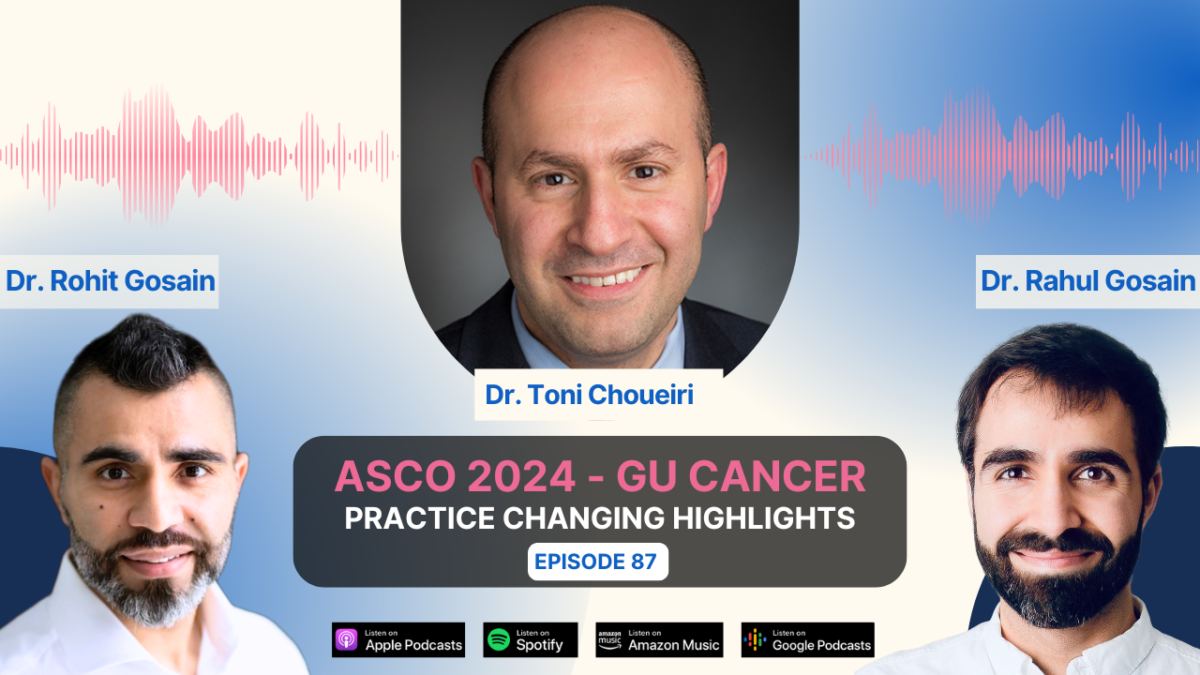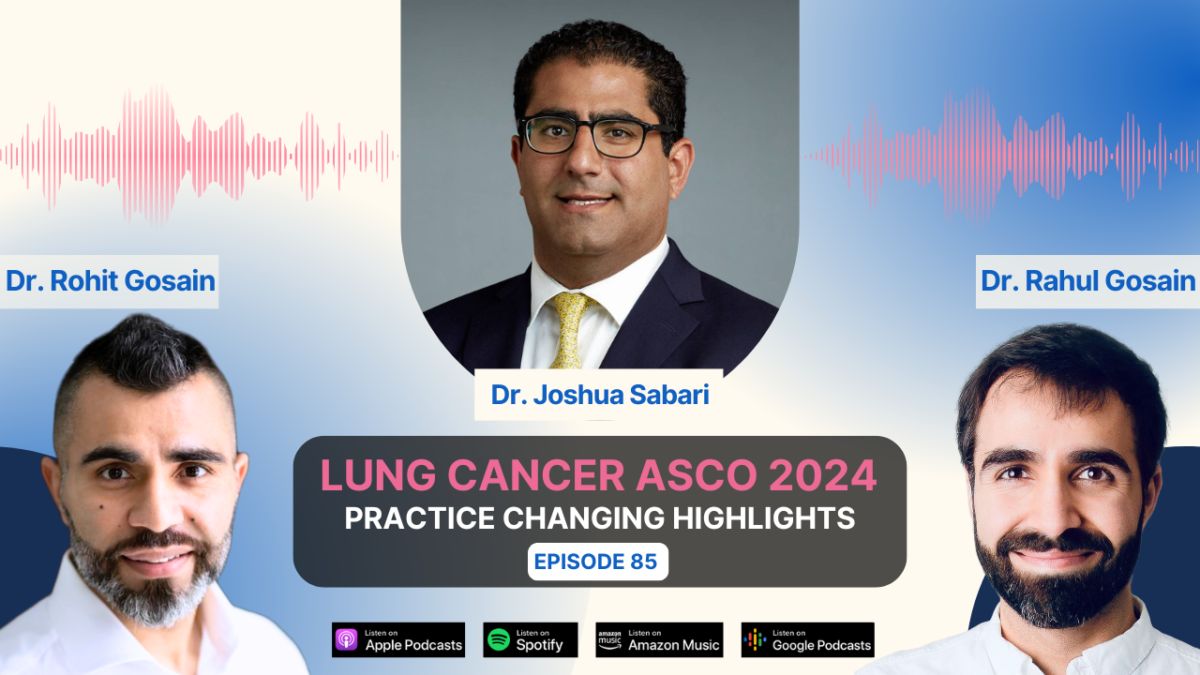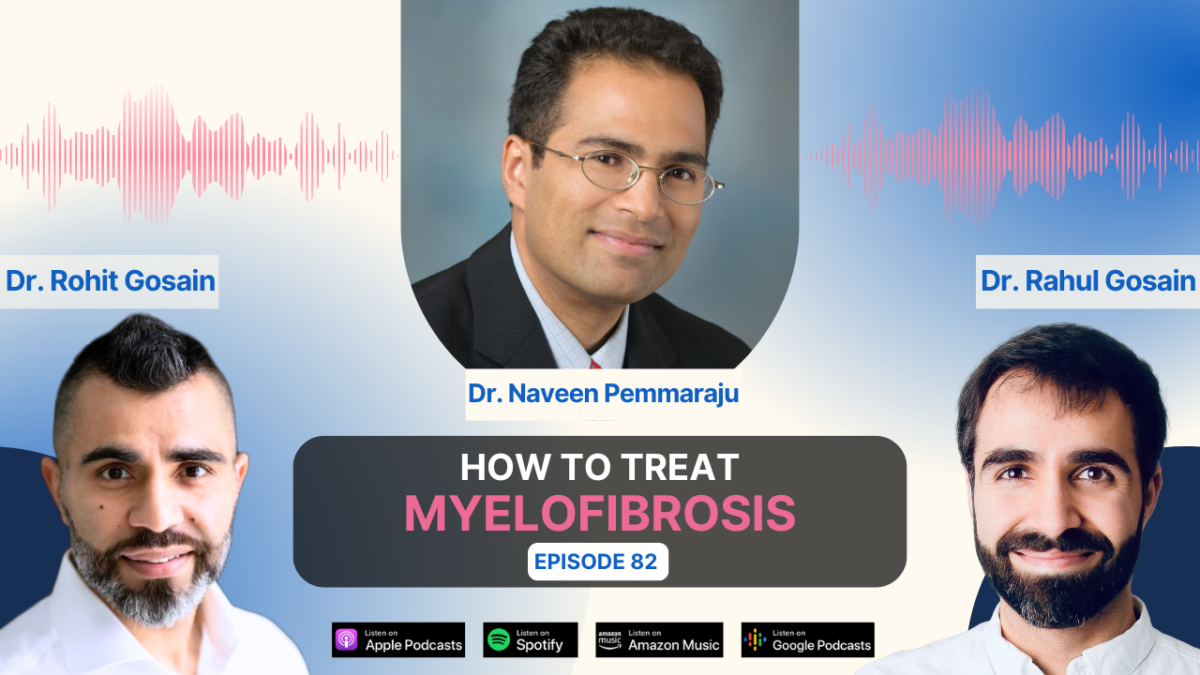In this episode of the Oncology Brothers podcast, we delved into the treatment options for metastatic non-small cell lung cancer without actionable mutations in first-line settings. Dr. Isabel Preeshagul from Memorial Sloan Kettering Cancer Center joined us to provide valuable insights.
• PD-L1 status is essential for guiding treatment decisions in metastatic non-small cell lung cancer, influencing the choice between immunotherapy and other treatment options.
• High PD-L1 expression (greater than 50%) may indicate a better response to Pembrolizumab, while lower levels require alternative approaches, considering histology and disease characteristics.
• Comprehensive genetic testing and consideration of tumor burden are crucial for personalizing treatment strategies, combining therapies, and improving patient outcomes in advanced lung cancer.
Key points discussed include the significance of obtaining comprehensive testing, the use of immunotherapy and chemotherapy combinations based on PD-L1 status and histology, and the emergence of second-line treatment options. Dr. Preeshagul highlighted the importance of considering clinical trials for patients with specific mutations, such as KRAS G12C and HER2, and the potential for re-challenging patients with immunotherapy after progression.
Overall, the episode emphasized the evolving landscape of treatment options for non-small cell lung cancer and the need for personalized approaches based on individual patient characteristics and mutation profiles.











